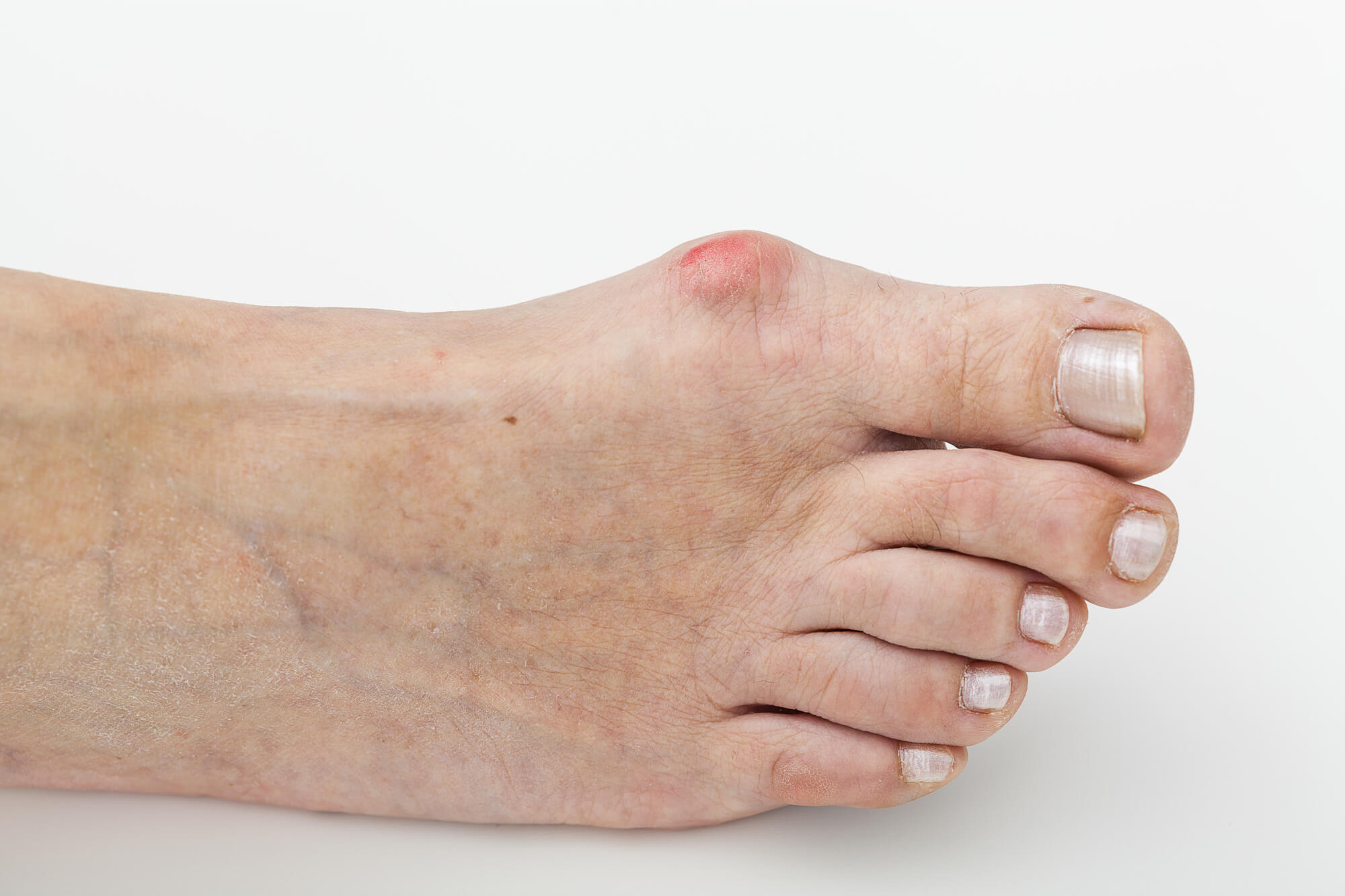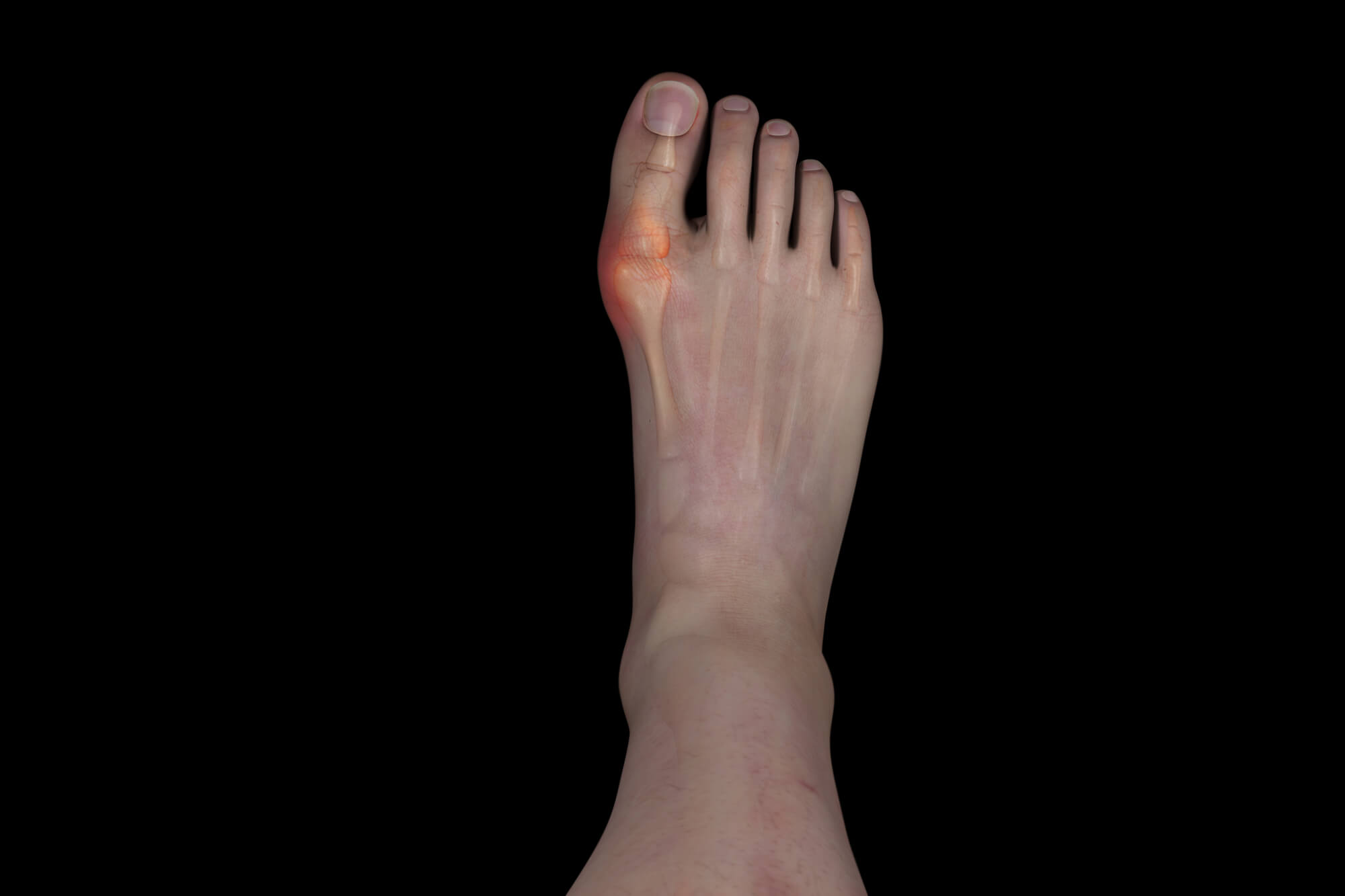Is Bunion Surgery Worth It?
If you suffer from a bunion, you know the pain and discomfort that comes with it. Bunions are a common foot problem that affects many people, especially women who wear high heels. While there are non-surgical options for treating bunions, such as orthotics, splints and changing footwear, some cases require bunion surgery. But is bunion surgery worth it? This article will explore the different types of bunion surgery, the success rate, and the factors to consider before making this important decision.
What is Bunion Surgery?
Bunion surgery is a type of foot surgery that aims to correct a bunion, a deformity of the base of the big toe. Bunions can cause pain, discomfort, and difficulty wearing shoes, leading to other foot problems like arthritis. There are several types of bunion surgery, including osteotomy, exostectomy, and arthrodesis. The choice of surgery depends on the severity of the bunion and the type of deformity.
Factors to Consider Before Bunion Surgery
Before deciding to undergo bunion surgery, there are several factors that you should consider to ensure that it is the right choice for you. Here are some factors to keep in mind:
Age and Overall Health
Your age and overall health are important factors to consider when deciding whether or not to undergo bunion surgery. While bunion surgery is generally considered safe, it is still a surgical procedure that requires a certain level of physical fitness and health. Older adults and people with underlying medical conditions, such as diabetes or heart disease, may be at a higher risk for complications during or after the surgery. Before bunion surgery, your podiatrist will assess your overall health and determine if you are a good candidate for the procedure.

Lifestyle and Activity Levels
Another important factor to consider is your lifestyle and activity levels. If you have a job or hobbies requiring a lot of standing or walking, you may need to take more time off from work or adjust your activity levels during recovery. Additionally, if you have an active lifestyle, you may need to adjust your exercise routine during recovery to avoid putting too much pressure on the foot. Before proceeding with bunion surgery, discussing your lifestyle and activity levels with your podiatrist and developing a plan to manage your recovery is important.
The Severity of The Bunion
The severity of the bunion is another important factor to consider when deciding whether or not to undergo surgery. If the bunion is causing significant pain or affecting your ability to perform daily activities, surgery may be necessary to correct the problem. However, if the bunion is mild or not causing significant pain, non-surgical treatments may effectively manage the symptoms.
Recurrence of the Bunion
Another important factor to consider is the risk of recurrence. While bunion surgery can effectively correct the problem, there is always a risk that the bunion may recur in the future. In some cases, the risk of recurrence may be higher, especially if an underlying medical condition, such as arthritis, causes the bunion. Before deciding to undergo surgery, it's important to discuss the risk of recurrence with your podiatrist and develop a plan to manage the risk.

Type of Surgery
Finally, the type of surgery is an important factor to consider. There are several types of bunion surgery, each with its own advantages and disadvantages. Your podiatrist will determine the most appropriate type of surgery based on the severity of your bunion, the type of deformity, and overall health. Before proceeding with bunion surgery, discussing the type of surgery with your podiatrist and understanding the potential risks and benefits is important.
By considering these factors and discussing them with your podiatrist, you can decide whether bunion surgery is the right choice for you.
Success Rate of Bunion Surgery
The success rate of bunion surgery varies depending on the severity of the bunion and the type of surgery performed. In general, bunion surgery is considered a successful procedure, with a high patient satisfaction rate. However, it's important to note that there is a risk of recurrence, which is why it's important to follow post-operative care instructions carefully.
What to Expect During Bunion Surgery
Bunion surgery is usually performed under local or general anesthesia, and the type of anesthesia used will depend on the type of surgery being performed. During the procedure, the podiatrist will make an incision near the toe joint and use specialized instruments to realign or remove the deformity. Recovery time can vary, but patients typically return to normal activities within a few weeks to a few months.
Post-Operative Recovery and Care
After bunion surgery, it's important to follow post-operative care instructions carefully to promote healing and reduce the risk of complications. This includes taking antibiotics and pain medication as prescribed, keeping the foot elevated, and avoiding putting weight on the foot. Patients may also need to wear a splint or cast to protect the foot during healing.

Benefits and Risks of Bunion Surgery
The benefits of bunion surgery include improved foot function, reduced pain, and enhanced appearance. However, there are also risks associated with the procedure, such as infection, nerve damage, and bunion recurrence. Your podiatrist can help you weigh the potential risks and benefits to determine if bunion surgery is right for you.
Is Bunion Surgery Worth It?
The decision to undergo bunion surgery is a personal one that should be made in consultation with a qualified podiatrist. While bunion surgery can be successful, it's important to consider the potential risks and downsides. In some cases, non-surgical options may be a better choice for treating bunions. Ultimately, bunion surgery aims to relieve pain and improve foot function, and if these outcomes are achieved, then bunion surgery may be worth it for some patients.
Conclusion
Bunion surgery is a common procedure that aims to correct a deformity of the base of the big toe. While the success rate of bunion surgery is high, it's important to consider the potential risks and downsides before making this important decision. Some cases may require bunion surgery, especially if non-surgical options are ineffective. Your podiatrist can help you weigh the potential risks and benefits of bunion surgery and determine if it is the right choice for you.
The goal of bunion surgery is to relieve pain and improve foot function, allowing you to return to your daily activities without the limitations and discomfort of a bunion. If you are suffering from a bunion and wondering if bunion surgery is worth it, schedule a consultation with a qualified podiatrist to discuss your options and determine the best action for your unique situation. With the right care and treatment, you can reach a pain-free and healthy foot.

